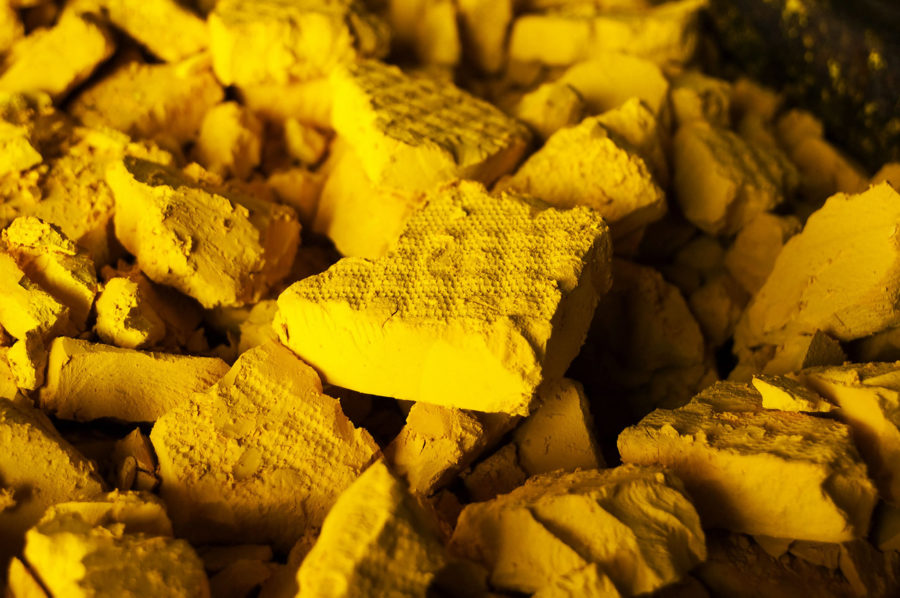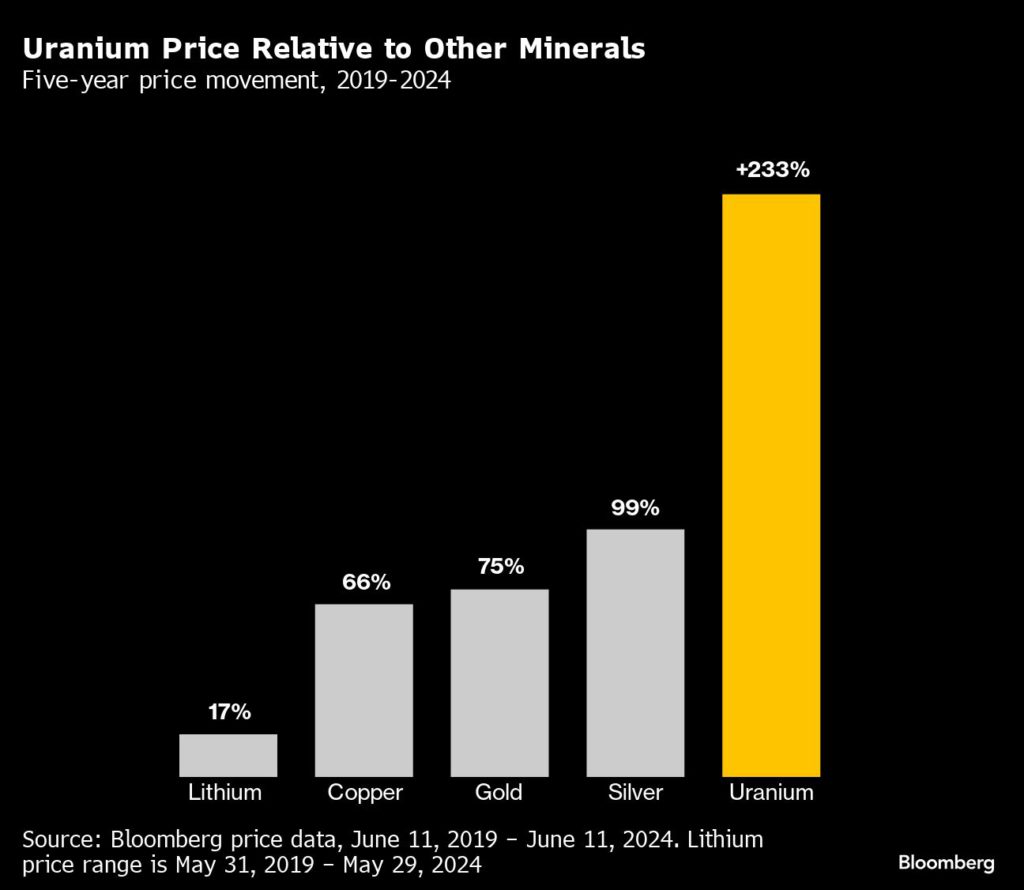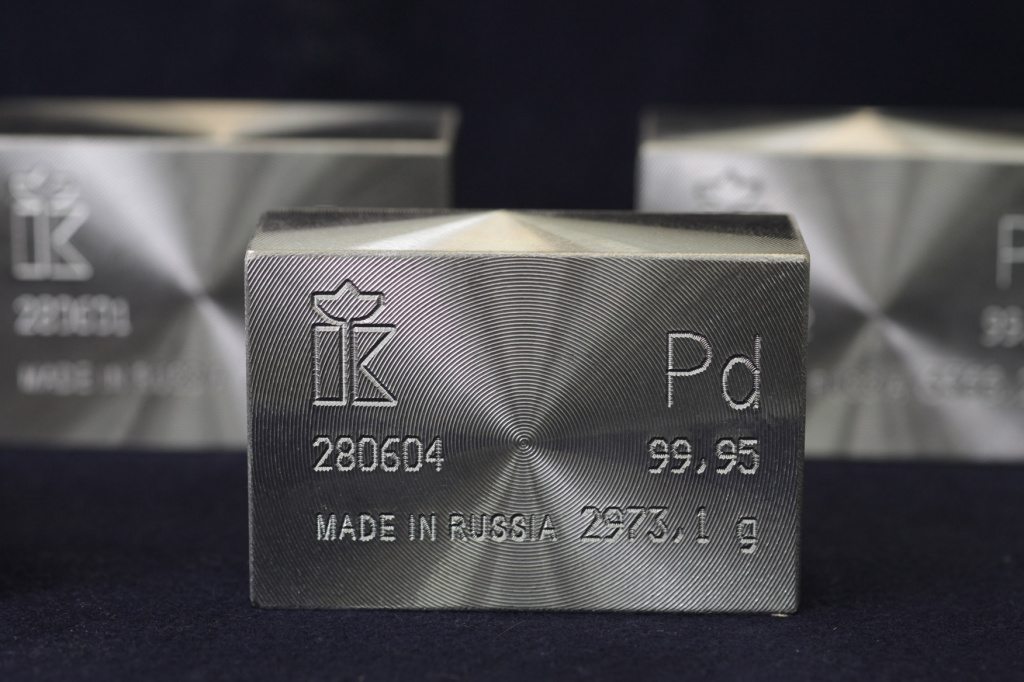Hedge fund making 20% a year for last decade targets uranium M&A

A top performing hedge fund is betting the pullback in uranium producer NexGen Energy Ltd. will be short lived, as the industry’s growing appeal leaves the startup well placed for a potential takeover.
Melbourne-based L1 Capital’s flagship Long Short Fund is up 20% per annum since inception, the best performing Australia-based strategy for that 10-year period, according to data compiled by Zenith Investment Partners, a research firm. While NexGen’s stock struggled this year after a 53% surge in 2023, L1’s head of research Amar Naik says he isn’t tempted to trim the position.
“It’s such a strategic asset that once they get their final approvals, it’s a very high likelihood that it would be a good takeover candidate for one of the majors,” said Naik in an interview in Melbourne.
Uranium takeover activity has already started to manifest, with Paladin Energy Ltd. making a C$1.14 billion ($833 million) offer to buy Canadian mining firm Fission Uranium Corp. on Monday.
L1 Capital was founded by Raphael Lamm and Mark Landau in 2007, beginning with long-only stocks before launching the Long Short fund in 2014, that’s now about A$4.6 billion. More recently, the firm’s drawn plaudits for its Catalyst Fund that’s seen success with an activist strategy. It now manages across all its funds around A$7.5 billion.
NexGen counts L1 as its biggest shareholder after the Australian firm first invested in early 2021. The fund’s uranium stock positioning has weathered recent swings, while copper-related positions have been trimmed, Naik said. Shares of NexGen’s Canadian listing are up 0.7% this year.
As climate change intensifies and governments across the world are drawn anew to the steady carbon-free power generated by nuclear plants, interest in uranium deposits has picked up. China is rapidly deploying atomic power, Japan is looking to boost its economy by giving nuclear another chance and across the US and allied countries, owners of left-for-dead uranium mines are restarting operations.
The surge in the price of uranium is a testament to the magnitude, and speed, of this pivot back to nuclear. Over the past five years, the metal has climbed 233% — more than triple the gains in gold and copper even after a slight decline in 2024.

The supply-demand outlook for uranium is positive given years of very little investment in production after the Fukushima accident, according to Naik.
“If we think through into the 2030s, there’s gonna be this huge supply demand gap” Naik said. The major miners have “all pivoted to copper as green energy and that’s been a great trade for us,” but it “could very well be that uranium’s the next one.”
The diversified fund also counted firms from Qantas Airways Ltd. to Flutter Entertainment Plc among key contributing performers in recent months, according to a webinar in May.
(By Georgina McKay)
{{ commodity.name }}
{{ post.title }}
{{ post.date }}




Comments
Christina Dian Parmionova
How can nuclear combat climate change?